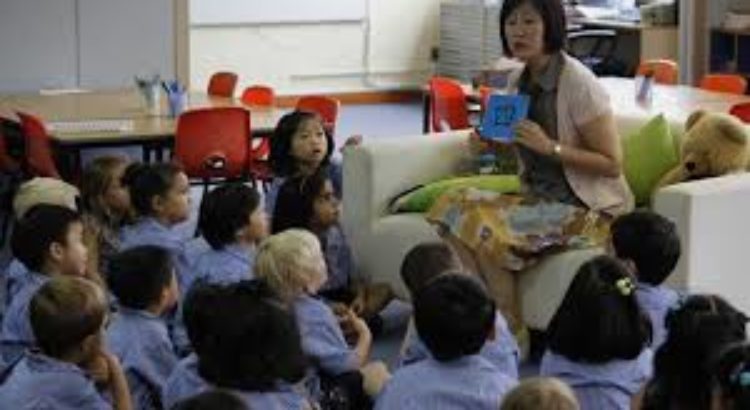By Andreas Schleicher
The latest Program for International Student Assessment (PISA) focused on science, a discipline that plays an increasing role in our economic and social lives.
From taking a painkiller to determining what is a «balanced» meal, from drinking pasteurized milk to deciding whether or not to buy a hybrid car, science is pervasive.
And science is not just test tubes and the periodic table; it is the basis of nearly every tool we use — from a simple can opener to the most advanced space explorer.
In 2012, Shanghai came out as the top performer among all 65 education systems that were compared in mathematics, reading and science.
Some wondered to what extent Shanghai’s success was exceptional in China. In 2015, PISA provides data from Beijing, Jiangsu, Guangdong and Shanghai.
These regions combined again show strong science performance, outperformed only by Singapore, Japan, Estonia, Taiwan (which appears in the report as Chinese Taipei), Finland and Macau.
In fact, 13% of the top-performing students in the 68 countries and economies with comparable data in PISA 2015 come from these four provinces in mainland China alone.
So the world will continue to look to China as a global player in education.
education.
Social mobility key
Similarly, while the American dream of social mobility seems nothing more than that — a dream — for this generation of American students, it is emerging as a new reality in much of East Asia.
Between 40% and 80% of the quarter of the most disadvantaged students in the four provinces of mainland China, Hong Kong, Japan, Korea, Macau, Singapore, Taiwan and Vietnam perform as well as the 25% top-performing students around the world.
In the Western world, only Estonia and Finland match that level of student resilience against social disadvantage.
But there are also areas where China can look to other countries for inspiration.
Content knowledge in science, where China excels, is important. But it is equally important to be able to «think like a scientist,» and here Chinese students perform less well on the PISA test than when tested on content.
Source of the article: https://edition.cnn.com/2016/12/06/opinions/education-pisa-rankings-china/index.html







 Users Today : 157
Users Today : 157 Total Users : 35459752
Total Users : 35459752 Views Today : 297
Views Today : 297 Total views : 3418269
Total views : 3418269